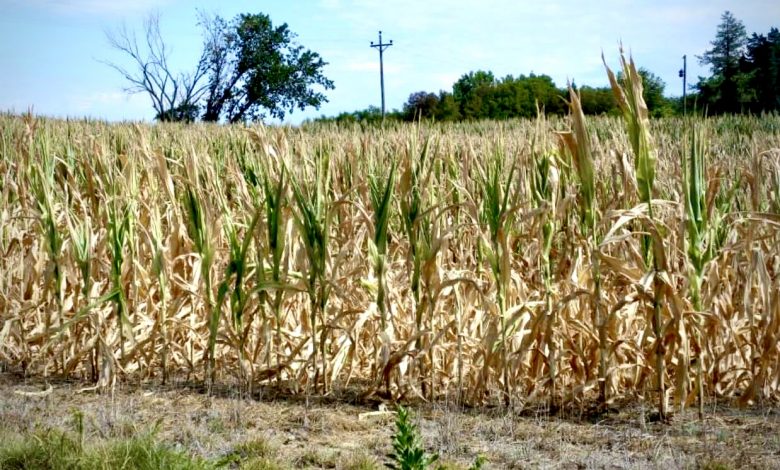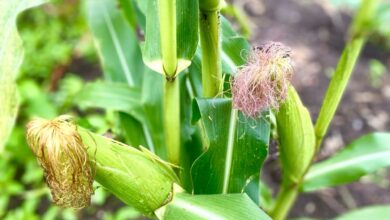Agricultural Practices in Zimbabwe for Food Security

Zimbabwe’s agricultural sector has undergone significant changes and challenges in recent years. The implementation and analysis of new agricultural practices in Zimbabwe during this period play a crucial role in shaping the sector’s development, addressing climate change impacts, improving food security, and promoting sustainable agriculture. These new practices under implementation are improving the sector to adapt to changes and challenges the nation is facing. Therefore, these challenges and changes, if not addressed, can have a negative effect on the nation’s food security.
One important aspect of the new agricultural practices in Zimbabwe during this period is climate change adaptation and resilience. Zimbabwe’s agricultural production systems face the high intensity of climate change impacts. To address this challenge, the Government is on a drive to improve irrigation to boost food security. This approach is a priority setting for sustainable development and climate adaptation, improving farmers’ livelihoods, food and nutrition security.
Additionally, to deal with the adverse impacts of climate change on food security, the government and relevant stakeholders are on a drive to encourage farmers to grow small grains. Moreso, the production of small grains is critical for household food security and also beneficial healthwise. This climate-smart agriculture increases productivity and enhances adaptive capacity sustainable.The relevant ministry aims to promote, implement and market production of small grains.
Monitoring food security and market conditions was another significant focus. Despite positive cumulative rainfall, except for some areas in the south, monitoring food security and market conditions provided insights into the effectiveness of agricultural practices. Ongoing income-generating activities for vulnerable households is a key factor in assessing the effectiveness of agricultural practices in Zimbabwe to ensure food security and address economic challenges.
Agricultural practices in Zimbabwe to benefit local economies.
Moreso, the Livestock Growth Plan under implementation in the country is set to boost the national herd and improve food security. In 2021, a cattle ranching project in Mhondoro to boost meat production and grow the sector to an estimated US$1,9 billion by 2025 is currently underway. Zimplats and Palmine Investments from the private sector are making this happen to improve the nation’s food security. Governments and private players are working together to ensure the nation’s agricultural practices benefit all Zimbabweans.
Additionally, ten priorities for agricultural development under improved agricultural practices in Zimbabwe have been suggested by a private researcher. These priorities include ensuring land tenure security, facilitating access to private bank finance, encouraging partnerships and joint ventures. Moreso, ensuring government loans are repaid, linking producers to markets and developing value-added activities is vital.
Furthermore, utilising IT applications for extension advice and market support, prioritising irrigation and implementing mechanisation will help local farmers. Finally, integrating agricultural development into local economic plans will improve local economies and livelihoods. These priorities aim to improve access to land, finance, markets and technology while promoting sustainability, employment opportunities and overall sector growth. These agricultural practices in Zimbabwe if implemented well will grow the sector to greater heights.
In conclusion, the agricultural practices in Zimbabwe in recent years highlights the importance of addressing climate change impacts and ensuring food security. It also promotes sustainable agricultural development. The implementation of practices focused on land tenure security and finance accessibility will help local farmers. Also, market linkages, value-added activities and mechanisation can contribute to the growth of the agricultural sector and improve farmers’ livelihoods. By considering these priorities and monitoring key indicators, Zimbabwe can work towards a more resilient and prosperous agricultural sector.





